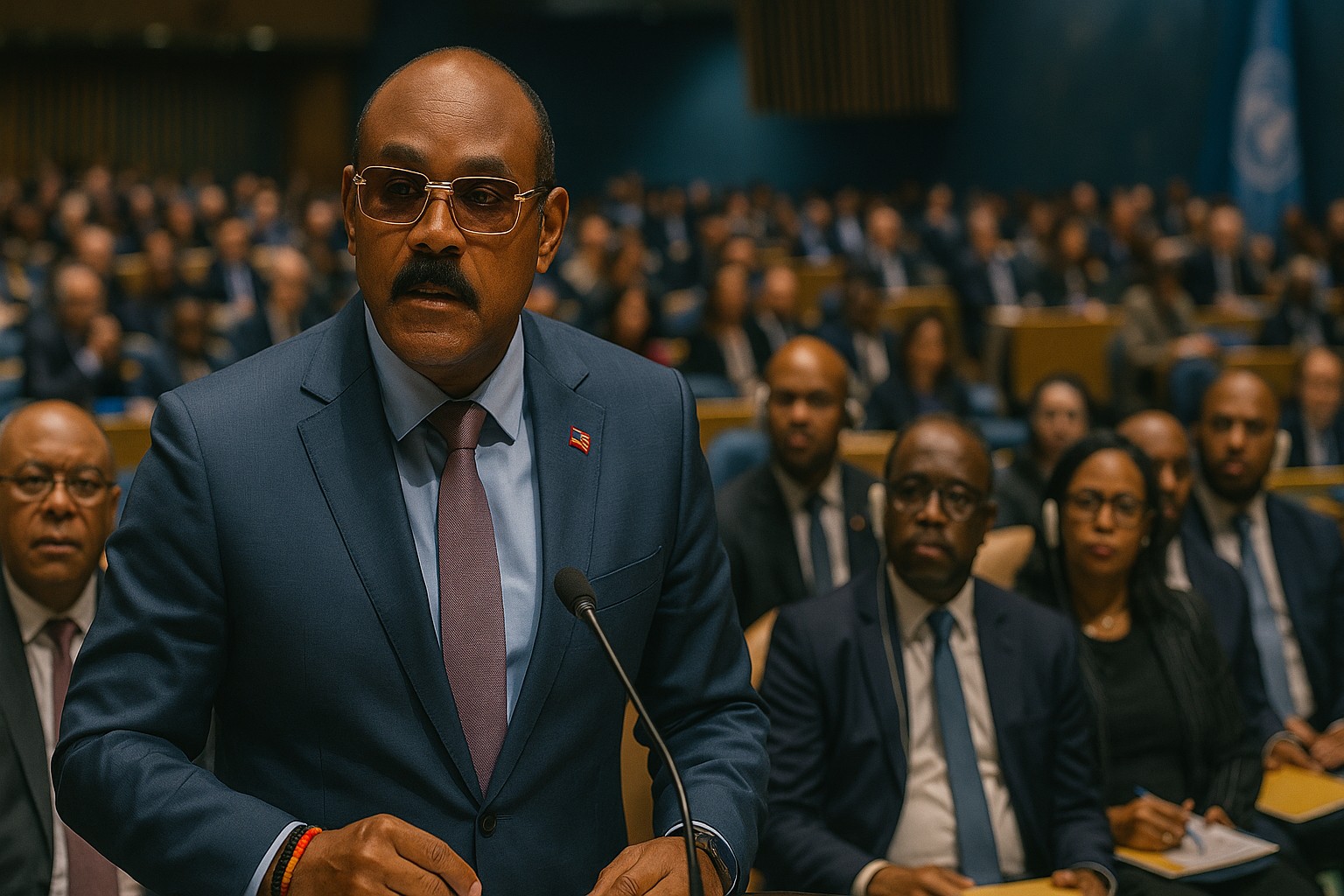The International Court of Justice (ICJ) is to deliver an advisory opinion on Israel's legal obligations towards UN agencies and other international organisations operating in the occupied West Bank and Gaza Strip.
The UN's top court received a request from the General Assembly late last year after Israel's parliament passed laws banning any activity by the UN agency for Palestinian refugees (Unrwa) on Israeli territory and contact with Israeli officials.
Israel accused Unrwa of being infiltrated by Hamas. The agency denied the claim, insisting it was impartial.
The ICJ was asked to also cover in its opinion Israel's duty to allow the unhindered delivery of essential supplies to Palestinians.
Israel tightened its blockade on Gaza after the start of its war with Hamas two years ago and has since restricted - and at times completely stopped - the entry of food and other aid for the 2.1 million population.
Before this month's ceasefire deal, UN-backed experts estimated that more than 640,000 people were facing catastrophic levels of food insecurity and that there was an entirely man-made famine in Gaza City. Israel rejected these findings, claiming it was allowing sufficient food in and blaming Hamas for stealing aid.
The ICJ's panel of international judges was asked to clarify whether Israel's ban on Unrwa breaches UN conventions guaranteeing the independence of UN agencies, and whether restrictions on aid crossings into Gaza violate international humanitarian law, including Israel's duties as an occupying power to protect civilians.
Although the opinion will be a non-binding legal clarification, it carries significant moral and diplomatic weight.
At the start of hearings at The Hague, the UN's Under-Secretary General for Legal Affairs pointed out that Israel's obligations included allowing UN entities to deliver aid and services for the local population.
Blinne Ní Ghrálaigh, representing the Palestinian government, argued that Israel's actions have severely obstructed the UN's humanitarian efforts.
In contrast, Israel characterized the ICJ proceedings as detrimental to its security, arguing it has the right to defend itself against threats.
Unrwa, which employs 12,000 Palestinian staff in Gaza, challenged claims about its ties to Hamas, emphasizing its mission to assist the Palestinian population.
This hearing marks a critical point in assessing whether a UN member state can legitimately exclude a UN agency from its territory, raising foundational questions about the authority and effectiveness of the international humanitarian system amidst regional conflict.




















